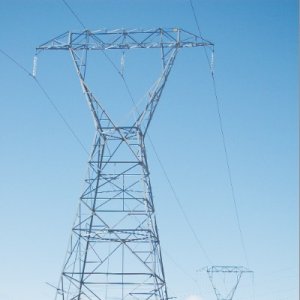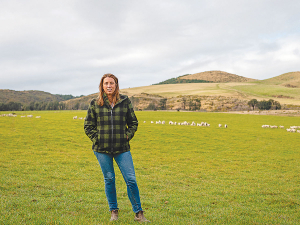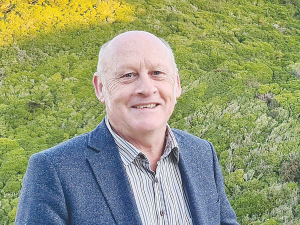The council’s original proposals were “what Transpower wanted,” says Malley, but in line with Waimate and Western Bay of Plenty, and following submissions, the plan change now refers to existing national electricity regulations to guide development of network infrastructure.
“But it’s not a done deal. Transpower are still going to fight to get what they want,” says Malley.
Submission hearings in Whangarei start on November 5 during which landowners’ representatives will be seeking to get further changes made during that process.
“What the council’s proposing now will still grant property rights to the electricity distribution networks, for example, the ability to change voltage carried.” Increasing voltage would mean landowners have more restrictions placed on them owing to the electricity regulations, he explains.
In Western Bay of Plenty Transpower has lodged an Environment Court appeal over the council’s decision to adopt a commissioner’s ruling that existing electricity regulations provide sufficient protection for network infrastructure.
Local dairy farmer and kiwifruit grower Steve Bailey says he believes the SOE should drop its appeal and stop wasting taxpayers’ and everyone else’s money.
“Transpower needs to understand the disconnect this is creating,” he told Rural News.
“This is the straw that is going to break the camel’s back. [Transpower] needs to recognise the role landowners play in their business [in hosting pylons].” If they don’t, Bailey believes some landowners will start acting to the letter of the law which allows them to say no to access under many circumstances.
Transpower’s argument that farmers don’t recognise the importance of the national grid is particularly bizarre, given many farms are dependent on electricity for their production, he adds.
As Rural News went to press, Transpower had made no comment on whether it would drop the Western Bay appeal, or lodge an appeal over Waimate District Council’s rejection of its plea for buffer zones to be written into that district’s plan.
“It seemed to us Transpower was trying to grab control over a massive amount of land via the district plan process,” Federated Farmers Waimate branch chairman Colin Hurst said earlier this month, reflecting on the council’s decision.
“Imagine the width of Eden Park’s playing surface and stretch that the length and breadth of New Zealand. Given the company doesn’t pay rental for much of its tower infrastructure, it is insulting to then make ratepayers pay the cost of being its watchdog; more so when the Code of Practice for Electrical Safety Distances spells everything out in black and white. For those who want to read it, it is NZECP34:2001 and it is fairly comprehensive.”









